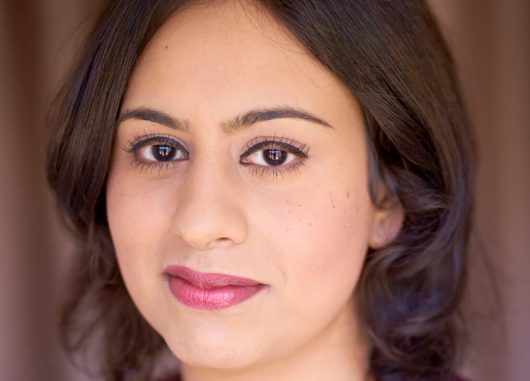
The Home Office announced Sara Khan will be the new lead Commissioner for Countering Extremism. Ms Khan is expected take up her post in the next month and the role is for a period of 3 years.
The Commission has a clear remit to support the Government, the public sector, civil and wider society to identify and challenge all forms of extremism. Please find a Q&A below.
What will the Commission do?
The Commission will play a key role in the ongoing fight to counter extremism in the UK. It will:
- Identify extremism and advise the Government on new policies to tackle extremism, including whether there is a need for new powers.
- Support communities and the public sector in confronting extremism wherever it exists.
- Promote British values and community cohesion – including ensuring women’s rights are upheld.
How will they do that?
The Home Secretary and the Lead Commissioner have agreed the following priorities:
- Engaging widely and openly on extremism and Britain’s values across the public sector, communities, civil society, and with legal and academic experts. We need to make the case for tackling extremism and the harms it causes, beyond terrorism, in our communities.
- Producing a strategic assessment of the threat we face from extremism, and the current response. This will consider the prevalence, concentration and range of extremism that exists in this country, identify the drivers of extremism, and review the success of current approaches in tackling it.
- Advising Ministers on the Commission’s future structures, work programme and the appointment of further commissioners. This advice will in part be informed by the Lead Commissioner’s engagement with stakeholders
Who is the Lead Commissioner and how were they appointed?
Sara Khan has been announced as the successful candidate and is being recruited following the Office of the Commissioner for Public Appointments’ (OCPA) Code of Practice for Ministerial Appointments to Public Bodies. A WMS will be laid in Parliament confirming Sara’s appointment subject to the necessary security checks.
This has been a rigorous and transparent competition. Sara has extensive experience and her determination to confront and challenge extremism wherever it resides makes her ideally suited to this role.
Is it just the Lead Commissioner?
There is a small secretariat to support the Lead Commissioner. The Lead Commissioner will advise the Home Secretary on the long-term structure of the Commission.
What do you mean by extremism?
Our Counter-Extremism Strategy is clear: extremism is the vocal or active opposition to our fundamental values, including the rule of law, individual liberty and the mutual respect and tolerance for those of different faiths and beliefs. We also regard calls for the death of members of our armed forces as extremist.
When is the Lead Commissioner starting? When does the Commission go live?
Sara has been announced as the successful candidate. Parliament will be formally notified of her appointment shortly; we expect the Commission to formally start work shortly afterwards.
Why is extremism a problem?
Extremism causes a wide range of harms, including the promotion of hatred and division, discrimination against women and girls, the encouragement of isolation, and the rejection of our democratic system and the rule of law.
Has it got worse?
- Whilst violent extremism remains relatively rare, it was a factor in, or directly led to, the Westminster, Manchester, London Bridge, Finsbury Park and Parsons Green terrorist attacks between March and September 2017; the murders of Lee Rigby (2013), Asad Shah, Jalal Uddin, Mohammed Saleem and Jo Cox MP (2016); and the attempted murder of Sanjeev Barandev (2016).
- Recording of hate crime by the police has grown – up 29% in the last year.
- We have excluded ten individuals from the UK on the grounds of unacceptable extremist behaviour since the strategy was published. The policy is not targeted at any particular community, but at those who advocate hatred or violence, regardless of their origins or beliefs.
- But this is the tip of the iceberg. Extremism causes a wide range of harms, including the promotion of hatred and division, discrimination against women and girls, the encouragement of isolation, and the rejection of our democratic system and the rule of law.
Will the Commission tackle far right extremism or online extremism?
The Commission for Countering Extremism will identify and confront extremism in all its forms, whether online or in our communities.
Will the Commission engage with communities?
The Commission will seek to engage widely and openly on extremism and Britain’s values across the public sector, communities, civil society, and with legal and academic experts.
Will the Commission produce a report?
The Commission will also produce an annual report on its work.
Is the Commission independent?
Yes. The Commission for Countering Extremism will initially be established as a non-statutory expert committee of the Home Office. It will operate independently, at arm’s length from government.
